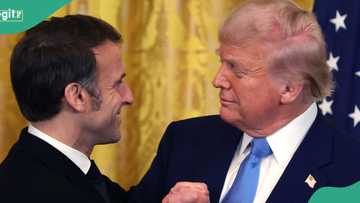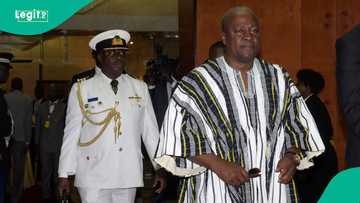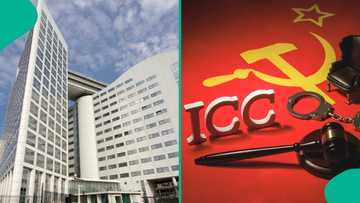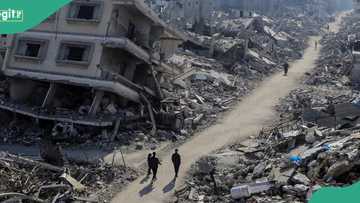Trump’s Seven-War Claim: Fact-Checking the President’s Peacemaking Record
- Donald Trump has claimed credit for ending seven long-standing international conflicts within just seven months, during a speech at the United Nations
- His remarks, which included frustration over a broken escalator and a perceived lack of global gratitude, have sparked renewed debate over his diplomatic legacy
- This report examines each of the seven conflicts he referenced, and the extent of US involvement in their resolution
Donald Trump has claimed to have ended seven long-standing international conflicts within just seven months, during a speech delivered at the United Nations today.
The US President declared, “In a period of just seven months, I have ended seven unendable wars,” adding that some of the disputes had persisted for decades.
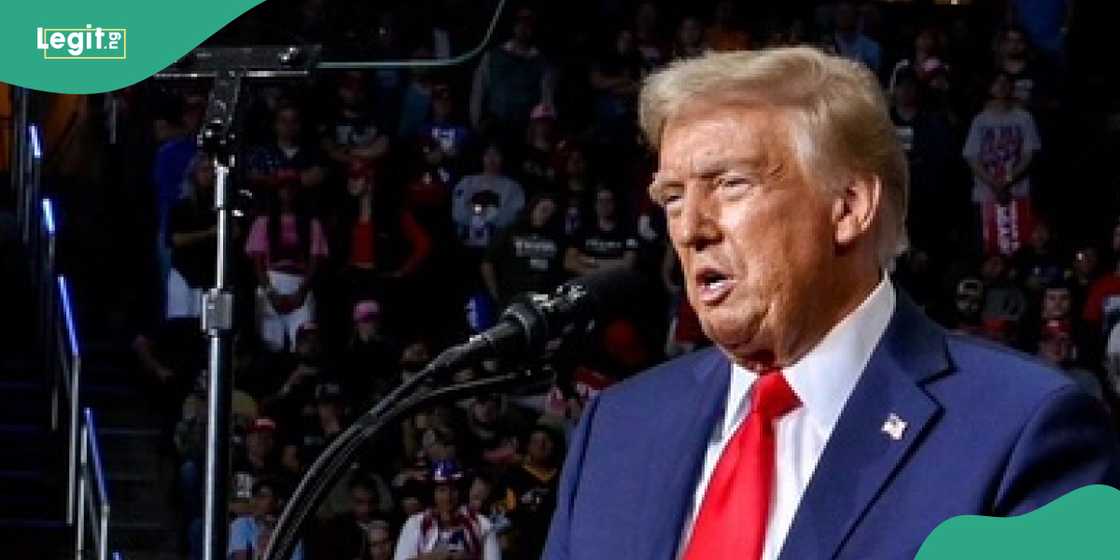
Source: Facebook
“They said they were unendable. ‘You’re never going to get them solved.’ Some were going for 31 years, two of them. Thirty-one. Think of it, 31 years. One was 36 years, and one was 28 years,” Mr Trump said. “I ended seven wars. And in all cases, they were raging with countless, thousands of people being killed.”
The President expressed frustration that his efforts had not been met with sufficient appreciation, particularly from the UN itself.
He lamented the lack of gratitude for his peacemaking achievements, before veering into a complaint about a broken escalator in the UN building, which he suggested may have been sabotaged. The incident, which forced him to take the stairs, was described by Mr Trump as humiliating.
Cambodia–Thailand ceasefire attributed to Trump’s intervention
Among the seven conflicts cited, Mr Trump pointed to the brief but deadly border skirmish between Cambodia and Thailand in July.
The fighting lasted four days and claimed 59 lives. Mr Trump stated that he had spoken with Cambodian Prime Minister Hun Manet and attempted to reach Thailand’s acting Prime Minister Phumtham Wechayachai.
A ceasefire was declared on 28 July, and analysts have suggested that the threat of losing US trade may have played a role in the resolution.
Kosovo–Serbia tensions defused before escalation
The President also claimed credit for preventing a war between Kosovo and Serbia, whose border disputes have persisted since Kosovo’s declaration of independence in 2008. While no active fighting occurred, Mr Trump asserted that his intervention helped avert a potential outbreak of violence.
Rwanda–DR Congo peace deal signed but violence continues
In June, Mr Trump hosted leaders from Rwanda and the Democratic Republic of Congo at the White House, where a peace agreement was signed. The deal aimed to quell renewed tensions near their shared border. However, the ceasefire has since faltered, with hundreds of civilians reportedly killed in subsequent violence. Both nations have accused each other of violating the agreement.
India–Pakistan ceasefire follows Kashmir attack
Following a terrorist attack in Indian-administered Kashmir in May, which killed 26 people, missile exchanges between India and Pakistan escalated. A ceasefire was reached on 10 May. While the US role in brokering the truce remains disputed, Mr Trump has included the episode in his tally of resolved conflicts.
Israel–Iran hostilities paused after US strikes
A 12-day conflict between Israel and Iran in June saw missile strikes exchanged after Israel targeted Iranian facilities. Mr Trump claimed the American bombing campaign had “completely and totally obliterated” Iran’s nuclear capabilities, though independent assessments have cast doubt on that assertion. Nonetheless, the strikes were widely viewed as instrumental in bringing about a fragile ceasefire.
Egypt–Ethiopia dam dispute cooled by diplomacy
The President also cited his involvement in the dispute between Egypt and Ethiopia over the Grand Ethiopian Renaissance Dam. Egypt has long feared the dam could restrict its access to Nile waters. Mr Trump said in June, “There is peace, at least for now, because of my intervention, and it will stay that way!” While no fighting has occurred, tensions remain high and no formal agreement has been reached.
Armenia–Azerbaijan peace deal earns Trump praise
Mr Trump’s most widely recognised diplomatic success came in August, when he hosted leaders from Armenia and Azerbaijan for a peace agreement signing at the White House. Their decades-long dispute over the Nagorno-Karabakh region had reignited in 2020. Both nations’ leaders have publicly endorsed Mr Trump for the Nobel Peace Prize in light of his role.
Recognition sought for Trump’s peacemaking efforts
The President has repeatedly voiced his belief that his peacemaking record merits greater international recognition.
While he insists he is indifferent to accolades, he has frequently referenced the Nobel Peace Prize in recent months.
Whether the world agrees with his assessment remains to be seen, but Mr Trump’s claims have certainly reignited debate over the role of US diplomacy in global conflict resolution.
Iran announces end of war with Israel
Legit.ng earlier reported that Iranian President Masoud Pezeshkian on Tuesday, June 24, announced the "end of the 12-day war" with Israel. As reported by CNN, Pezeshkian made the announcement in a message to the nation broadcast by the official IRNA news agency.
Earlier on Tuesday, June 24, Pezeshkian said Iran will respect the ceasefire announced by US President Donald Trump, provided that Israel also upholds its terms.
Source: Legit.ng

